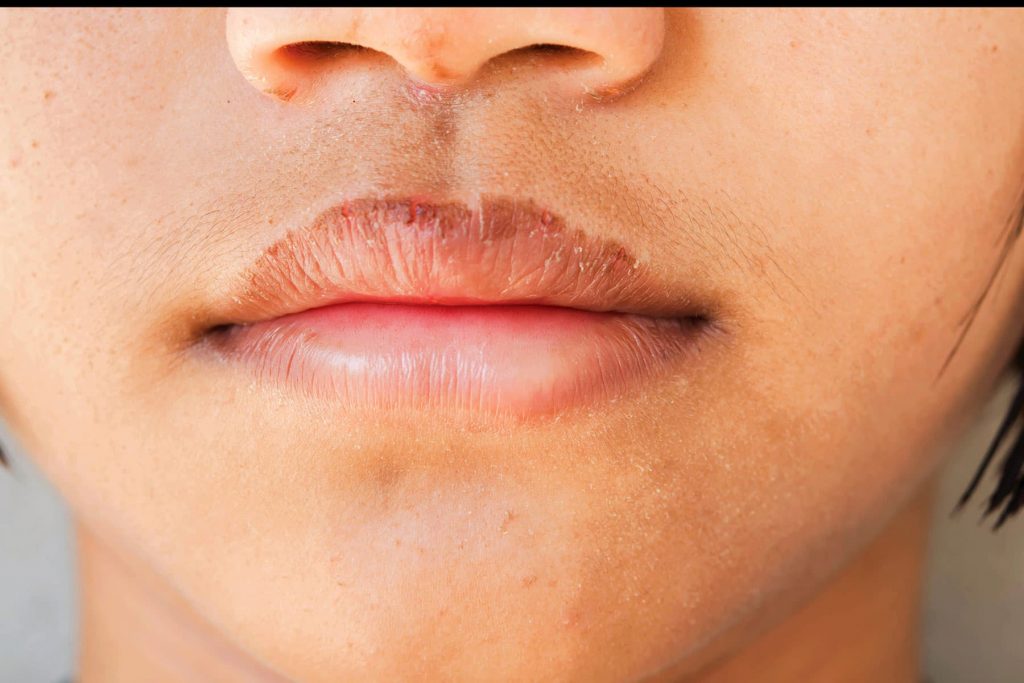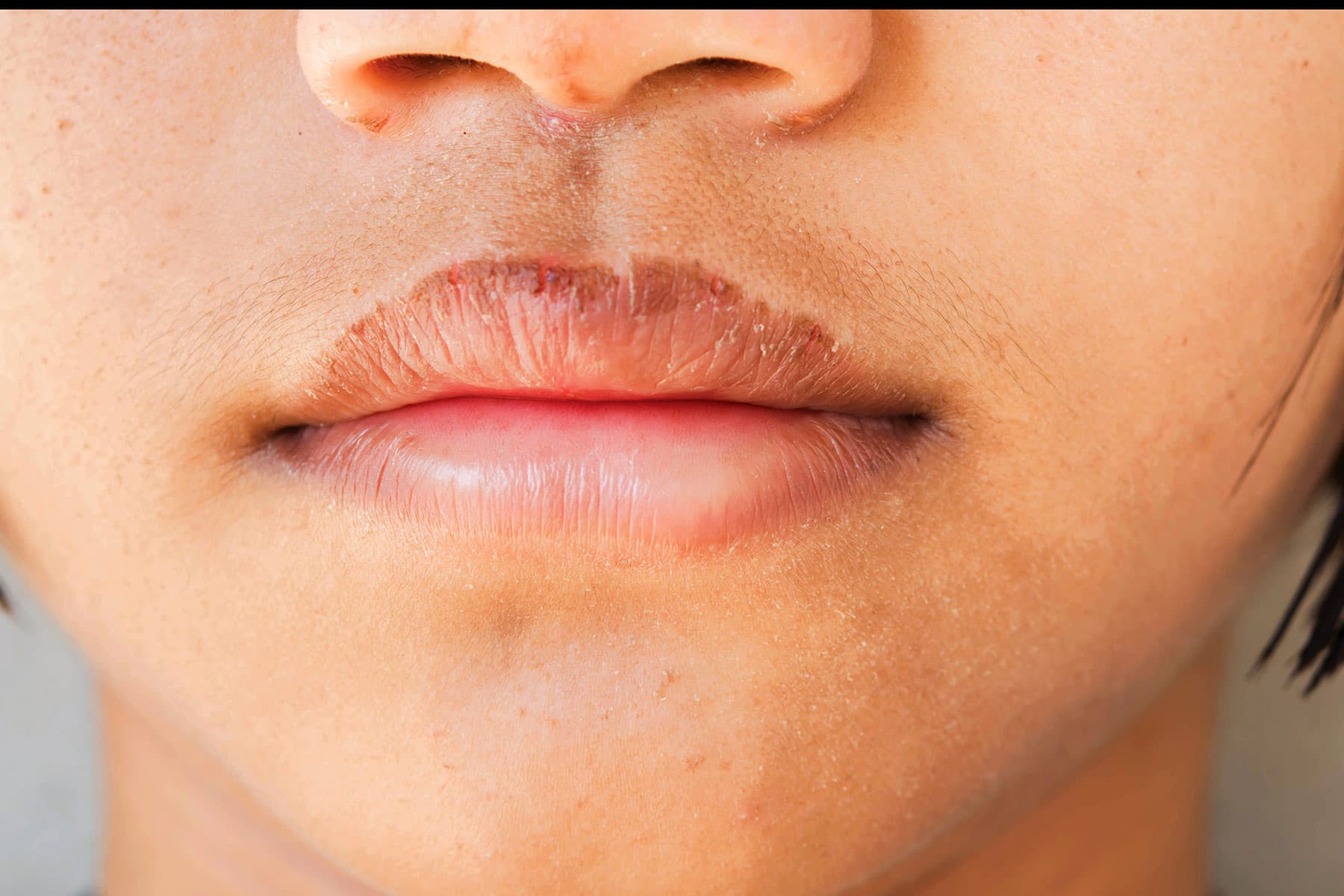
It’s difficult to combat the negativity and fear of judgment that comes with vaginal dryness. This is extraordinarily unfair because so many people are forced to deal with it, especially as their bodies grow older.
However, vaginal dryness is also relatively commonplace even if you’re younger. Yes, 50% of women over the age of 50 deal with some level of vaginal dryness. But approximately 25% of women also have to deal with vaginal dryness during sex.
Forget vaginal dryness: a shocking 16% of all women experience some kind of vaginal pain, according to ByWinona.
Luckily, research has been done to track down some of the causes of vaginal dryness, and there are some home remedies for dryness that appear to support vaginal hydration.
Why am I so Dry Down There?
There’s a multitude of things that can cause vaginal dryness. However, the most common of these can be traced back to dropping hormonal estrogen levels.
A decrease in estrogen levels can be caused by many different things. WebMD notes that these drops are commonly the result of:
- menopause
- childbirth and/or breastfeeding
- using anti-estrogen medications, such as those that are used to treat uterine fibroids or endometriosis
- surgical removal of the ovaries
- radiation or chemotherapy treatments related to cancer
Some things can also cause vaginal dryness, even if they don’t result in decreased estrogen levels. Some of these are:
- lice
- certain acne medications
- yeast or urinary tract infections (UTIs)
- nutritional imbalances
- some hormonal contraceptives
- some antidepressants
- some STDs or STIs
- waxing or shaving
- allergy or cold medications
- Sjögren’s syndrome (an autoimmune disorder that targets and attacks moisture-producing cells)
- douching
- a lack of/not enough foreplay before vaginal penetration
There are also indications that heightened levels of anxiety or stress can also inhibit the vagina’s natural lubrication, as blood flow to the vagina is likely to be decreased. The lower levels of blood flow can decrease the natural lubrication and increase vaginal dryness. This can also be dependent on the level of severity.
What Techniques can I try to Soothe Vaginal Dryness?
Some of the following home remedies for dryness can be tried, especially if you’re still experiencing vaginal dryness problems and already have a healthy and varied diet.
Pelvic floor exercises, like Kegels, can strengthen the vaginal wall and support elasticity in the vagina. This is likely to support decreased discomfort and vaginal pain.
More sex could also support the overall elasticity of the vaginal walls, as well as improve blood flow to the area, so long as there is enough lubrication to support the activity. There is information that supports the idea that avoiding sex could make later attempts at sexual penetration even more painful.
Sleeping well and sleeping enough is also one of many home remedies for dryness, as rest promotes healing and repair for the whole body.
Avoiding douching and otherwise “cleaning” the inside of your vagina could also be an excellent choice. While douching may give some the idea that they are cleaner, the fact of the matter is that the act is extremely disruptive to the vagina’s natural pH levels. Straying from the natural pH could make you more susceptible to other infections, making any vaginal dryness problems even worse.
While there are many over-the-counter (OTC) products that also soothe and treat yeast infections, some people may be more interested in using natural ingredients to soothe the irritation. As yeast infections can also lead to dryness in the vagina, there are some interesting things to try that may support the healing of a yeast infection.
Therefore, some of the more interesting home remedies for dryness, at least in the realm of yeast infections, can include some of the following:
- Coconut oil- according to Healthline, pure, organic coconut oil can be applied directly to affected areas of some vaginal yeast infections. The oil is naturally moisturizing, and studies show that the oil is actually effective against some yeast infection types.
- Tea tree oil- some research shows that the oil can be used as a vaginal suppository and have extremely positive effects against some yeast infections. However, if you choose this option, you should be certain to dilute the oil with a carrier oil, like coconut oil or jojoba oil, that is safe for skin contact. Tea tree oil that is undiluted should never touch the skin.
- Garlic- while some people have claimed that garlic can be used as a suppository to fight yeast infections, there is a risk of burns. Some research implies that garlic can certainly fight candida, however it’s less risky to just add more garlic into your diet.
Regardless of the home remedies for dryness that you do try, it’s also important to recognize that traditional medicine may be the best option. If you aren’t sure about any of these options to soothe vaginal dryness, be sure to contact a medical professional.
